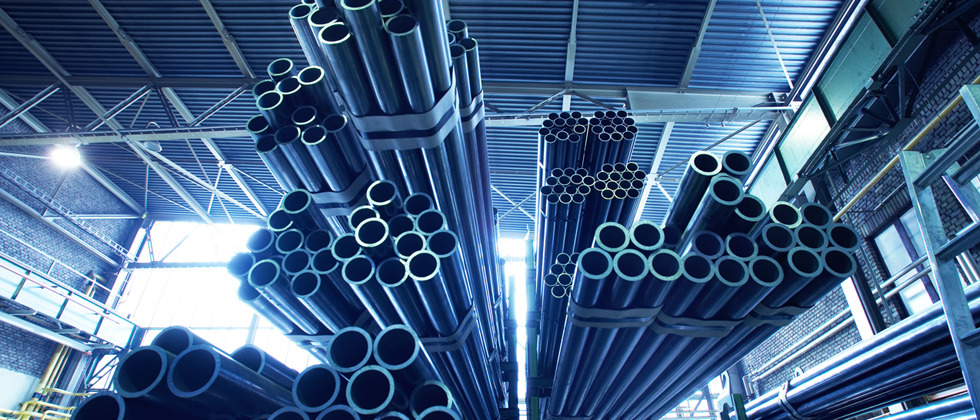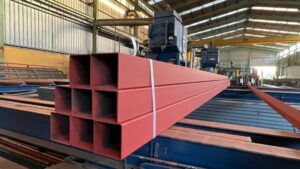Major German steel industry associations WV Stahl, WSM and BDSV have welcomed in principle the basic declaration of the new government.
Headed by Olaf Scholz as chancellor, the German government will for the first time be made up of three parties: the Social Democrats (SPD), the Greens, and the Liberals (FDP). With red the traditional colour of the SPD, and yellow that of the FDP, the government is referred to as the “Traffic Light Coalition”.
BDSV, the Federal Association of German Steel Recycling, says it approves of the intended goals for climate protection and resource conservation. In the view of the BDSV, German industry plays a central role with regard to climate protection.
“We therefore support the plans of the traffic light coalition to establish an industrial strategy that is aligned with the European Green Deal,” says BDSV managing director Thomas Juker.
“The steel recycling industry will be strengthened and thus remain competitive,” he adds.
However, the new federal government must quickly step up the “steel transformation into turbo gear”, steelmakers federation WV Stahl warns. “In order for steel companies to be able to make the multi-billion investment decisions associated with the transformation, a political framework for it must be built in the first 100 days,” Kallanish hears from WV Stahl.
Some disappointment has been expressed by the Steel and Metal Processing Trade Association WSM. “The coalition agreement gives us hope. But many companies are irritated by the low consideration given to the segment of small and medium-sized enterprises,” says managing director Christian Vietmeyer.
He finds that SME’s, especially, which make up the majority of the steel working sector, are left alone with certain costs. “Unfortunately, the politicians missed the chance to transfer the Fuel Emission Trading Act – whose CO2 price particularly burdens the manufacturing SMEs only in Germany – into a European system,” he says. Only this would create fair competitive conditions in Europe, which would prevent the industry from relocating, he adds.
Christian Koehl Germany






